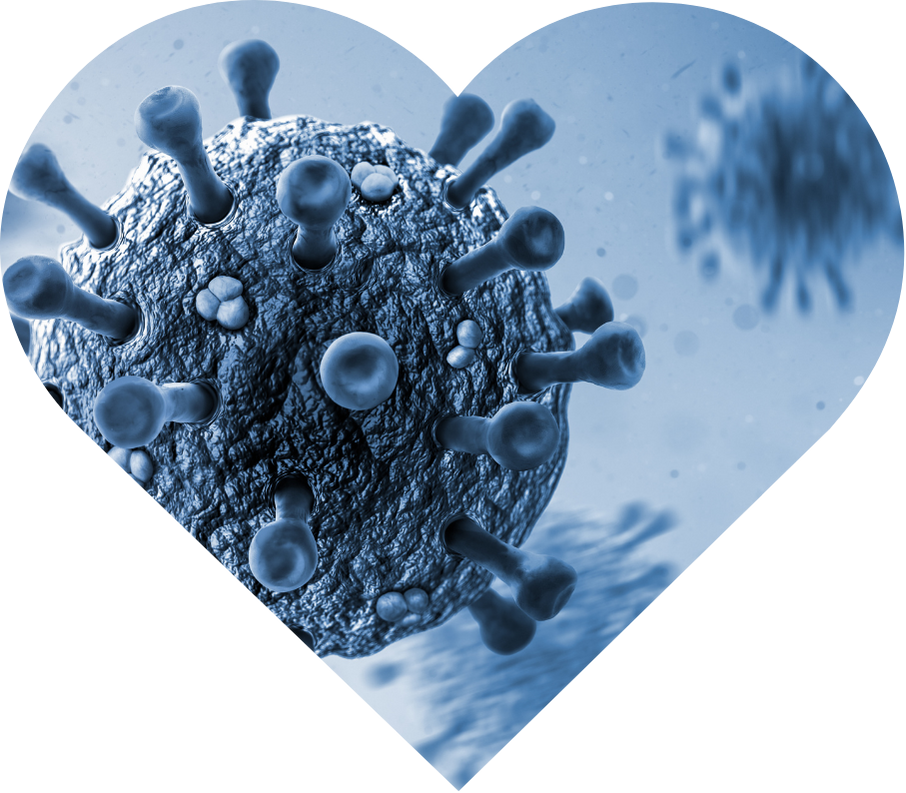"The health resides in the gut" – this insight from traditional medicine appears in many cultures. Today, modern research can explain why small decisions on the plate have significant effects on energy, resilience, and performance. Those seeking high performance do not start with exotic superfoods, but rather with smart, consistent micro-steps that train the immune system daily – similar to short, precise workouts for the body.
Our immune system reacts sensitively to what we eat: Nutrients regulate signaling pathways that dampen or ignite inflammation, and the gut microbiotathe totality of microorganisms in the gut provides signaling molecules that calibrate immune cells. Short-chain fatty acids (SCFA)fatty acids produced from fiber by gut bacteria that inhibit inflammation strengthen the barrier in the gut and reduce systemic inflammatory responses. Omega-3 fatty acidsessential fats from marine animals that shift inflammatory mediators toward “resolution” promote the formation of specialized pro-resolving mediators – biochemical stop signals for inflammation. Zincessential trace element for the maturation and function of immune cells influences, among other things, the activity of natural killer cells. And fermented foodsfoods refined by microorganisms with probiotic cultures increase the diversity of the microbiota – a marker for robust immunity.
Three strands of research demonstrate how nutrition shapes immunity. First, fermentation research shows that specifically selected strains and methods increase bioactive molecules that benefit the gut flora and immunity; this technological lever makes fermented foods a practical “microbiome intervention” without laboratory preparations [1]. Additionally, a randomized, double-blind study with symbiotic yogurt demonstrated improvements in digestive complaints, increased secretory IgA, and favorable microbiota shifts – a functional marker of a trained mucosal defense [2]. Second, a comprehensive review on garlic underscores that organosulfur compounds modulate cytokine profiles, thereby supporting the homeostasis of the immune system; the evidence base justifies culinary use while further high-quality clinical trials should be conducted [3] [4]. Third, immunonutrition research on fish oils shows that long-chain omega-3 fatty acids redirect eicosanoid synthesis and provide pro-resolving mediators; observational and intervention data link regular fish consumption with fewer inflammatory diseases and better clinical outcomes in critical patients – crucial for recovery and performance [5]. Concurrently, zinc research in mixed dietary groups reveals common deficiencies; short-term supplementation improved NK cell function, emphasizing the relevance of adequate zinc intake in daily life [6].
- Plan for 1 portion of fermented foods daily: natural yogurt, kefir, kimchi, or sauerkraut. Start with 100–150 g and increase based on tolerance. Goal: strengthen microbiome diversity and mucosal immunity [7] [1] [2].
- Warm up in the kitchen: crush 1–2 cloves of fresh garlic per meal, let sit for 10 minutes (to allow allicin formation), then cook briefly or add raw to the finished dish. This way, you utilize antiviral and antibacterial effects in daily life [4] [3].
- Eat fatty fish twice a week (e.g., salmon, mackerel, herring), 120–150 g each. This promotes anti-inflammatory eicosanoids and pro-resolving mediators; for vegetarian diets, opt for algae oil (EPA/DHA) [5].
- Source zinc smartly: include lean beef 1–2 times a week or combine daily plant-based sources like pumpkin seeds and chickpeas; vitamin C-rich sides improve plant-based zinc availability. Regularly check if you belong to risk groups with low levels [6].
- Reduce sugar consciously: replace sweetened beverages with water/tea and reserve desserts for special occasions to lower glycation stress on immune proteins [8].
- Approach alcohol with a strategy: incorporate rest days, track standard glasses, and avoid heavy drinking; this minimizes dose- and habit-dependent immune suppression [9] [10].
- Limit saturated fats: shift fat sources toward olive oil, nuts, and fish, and reduce ultra-processed snacks – fewer inflammatory triggers for the innate immune system [11].
Small, consistent dietary changes train your immunity – measurable, tangible, and performance-relevant. Start today with a portion of fermented foods, two fish meals per week, a bit more zinc, and real garlic on your plate. Cut unnecessary sugar, reduce alcohol, and limit saturated fats – your immune system will reward you with energy, focus, and resilience.
This health article was created with AI support and is intended to help people access current scientific health knowledge. It contributes to the democratization of science – however, it does not replace professional medical advice and may present individual details in a simplified or slightly inaccurate manner due to AI-generated content. HEARTPORT and its affiliates assume no liability for the accuracy, completeness, or applicability of the information provided.













